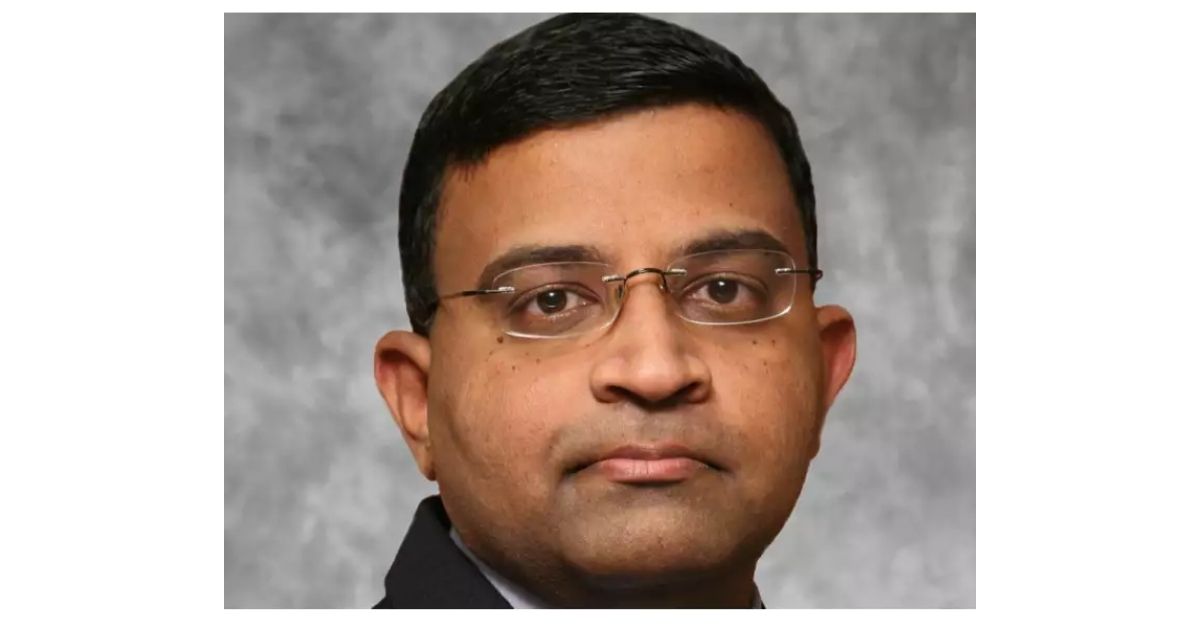
The gaming industry has seen a sharp rise in investments and gaming companies that were fledgling startups are now commanding Unicorn level valuations what would you attribute this rapid rise to?
Shweta Rajpal Kohli: India is among the top five mobile gaming markets in the world with a 13% share of the global gaming sessions. Much like other innovations that have a slow start and rapid expansion - gaming has witnessed rapid adoption in the past year. The growth of mobile gaming has been driven by smartphone penetration and access to affordable data. While gaming has been initially embraced by the early adopters -- predominantly the youth -- growth has been across all ages. The pandemic and the subsequent lockdown also contributed to this growth, as more people migrated from traditional forms of entertainment to mobile gaming. We anticipate a period of consistent growth in this sector that can be a veritable giant of an Industry with an ecosystem unto itself spurring ancillary growth and massive employment generation. As per a report by Deloitte India, the gaming industry is expected to grow at a CAGR of 40% to USD$ 2.8 billion by 2022.Do you foresee any challenges that can act as a dampener to these plans?
Shweta Rajpal Kohli:In the absence of regulation/framework/guidelines that govern online skill gaming in the country there is a sense of uncertainty. Uncertainty is not a favourable environment for investors. The demand for these services exist as is plain by looking at the growing number of users - but there needs to be a set of guidelines common for all the companies that can be followed as one. When online gaming was a fledgling industry it was necessary to be self-regulated but now with the meteoric rise, it is important that clear guard rails be put in place. This will ensure that all the stakeholders - players, companies and investors are protected. With clear regulation, there will be greater confidence for private capital to invest in this sector which will allow the industry to reach its potential.
There have been several states that have enacted a blanket ban on online gaming. They are concerned about the gambling / betting aspect of online gaming that has the potential to impact lives. What is your view on this?
Rameesh Kailasam: Online gaming is fast gaining foothold making India one of the top gaming markets amongst emerging global economies. Few states have considered a blanket ban on all forms of online gaming based on local unfortunate incidents involving one or two games. The common perception for these decisions to cover all forms of gaming was unfortunately based on the premise that any game which involves monetary consideration irrespective of its value is synonymous with betting/gambling. It is important for the industry to educate stakeholders within Central and State governments to enable them to distinguish the various types and user engagement models and break the misconceptions that exist for all forms of online gaming. Within online gaming, there are various categories and a large majority of them are games that are non-addictive, predominantly skill-based and casual in nature and certainly not in the nature of betting or gambling. These online versions of sports and games are clearly games of skill and require a combination of physical skills such as dexterity and quick response besides mental skills in the nature of strategic thinking, logic, attention, practice, adroitness and superior knowledge of the game. It is therefore crucial that states carefully consider all types and aspects of online gaming and do not rush to apply a “one size fits all approach” while looking at this emerging sunrise sector. The sector is one that has significant economic and employment generation associated with it. It is important that Central and State Governments together recognize the strategic importance that the sector has to offer and enable an environment that lets it grow exponentially and responsibly in the coming years.Do you believe that regulation instituted at the federal level will be beneficial for the industry?
Rameesh Kailasam: The Online skill gaming industry is dynamic and evolving constantly. Today online skill games are played by participants from both within and outside state boundaries except for the banned few states. Given the free-flowing aspect of online gaming and the dynamism that it operates within, it becomes crucial to understand from a regulatory perspective as to how operations of such platforms would be treated jurisdictionally as well as cross-jurisdictionally. Since the sector is one that is on a constant evolutionary mode, it may prove to be more prudent for a national level framework that can act as a regulatory Guiding Framework for platforms to follow and operate by. Already existing regulations should ideally be invoked only in the event of abuse or misuse cases. A central driven national level framework would ensure regulatory clarity and certainty that would inspire businesses to grow and continue to innovate responsibly besides unleashing India’s start-up potential in this sector that can take on the world.
As a gaming platform, you can exercise your own self-regulation to maintain the best practices to protect the user and yourself. Why would you like for a specific regulation wouldn’t that stifle your ability to innovate and operate?
Sai Srinivas: As new and innovative technologies take shape and find their place in society, regulation follows. And a lot of companies in the new spaces do operate with high values of user protection and have their own guidelines. But, this is a fast-growing industry and certain actors who may not adhere to these essential values could flout industry practises, which may lead the authorities to take quick action that may be ad-hoc. However, when there are a set of regulations and guidelines that are put in place by the authorities, every player in the industry will abide by them and operate within guardrails that are put in place across the board to protect users, which we want. Also, regulations help do away with ambiguity in the industry and will spur investments, and thus, expansion.Do you believe that India can be a global hub for game development?
Sai Srinivas:
Yes, of course. Indian games are gaining traction and recognition not just in the country, but worldwide. World Cricket Championship (WCC), which we are proud to have as one of the games on MPL, is known globally as a great mobile Cricket game. Over the past few years, we have seen more mobile gaming titles emerge from India. As our Prime Minister himself called attention to, India can be a digital gaming hub- because we have the talent. For example, we partner with about 30 game developers at MPL, and a lot of them are independent Indian studios that have some great games. However, our Indian game developers lack the massive marketing budgets that their global counterparts have, and also lose 30% of their revenue to gaming platforms. At MPL, we identified this gap and have constituted a $5 million fund for game developers to help enhance the games they build and promote them. But what the industry needs most is clarity, a set of guidelines issued by the centre, to be followed by the states, would be a great asset. Centre should also consider taking control of the entire online gaming arena, given that jurisdiction is an issue as players from multiple states can play together.